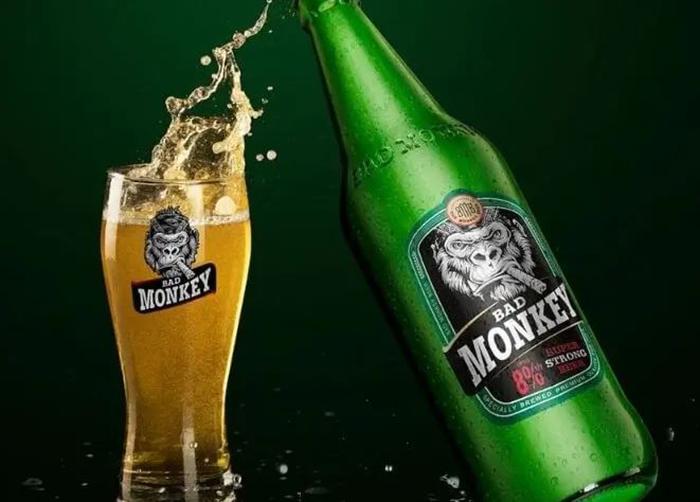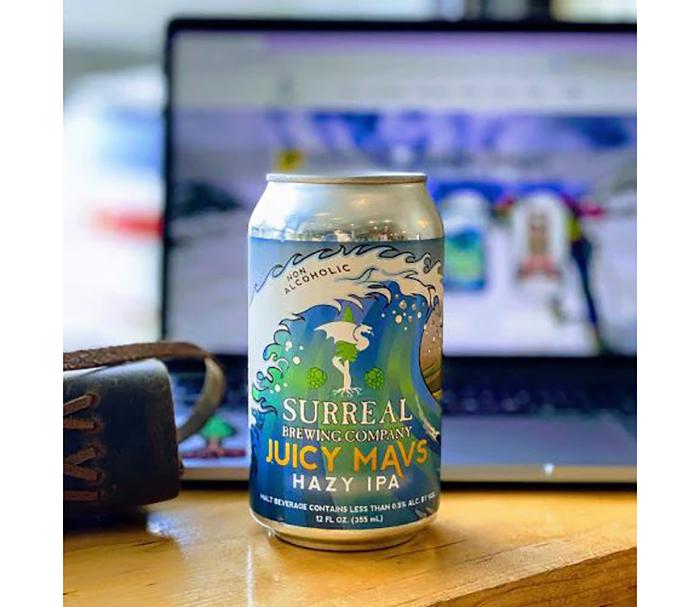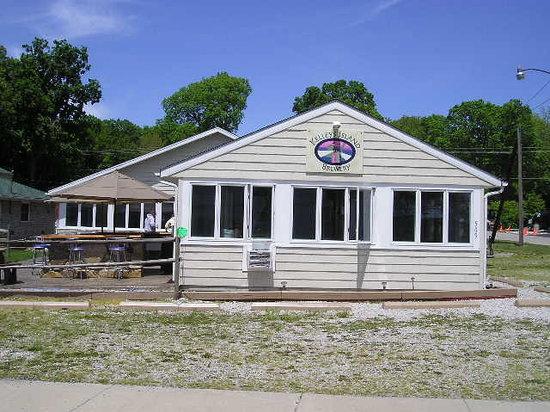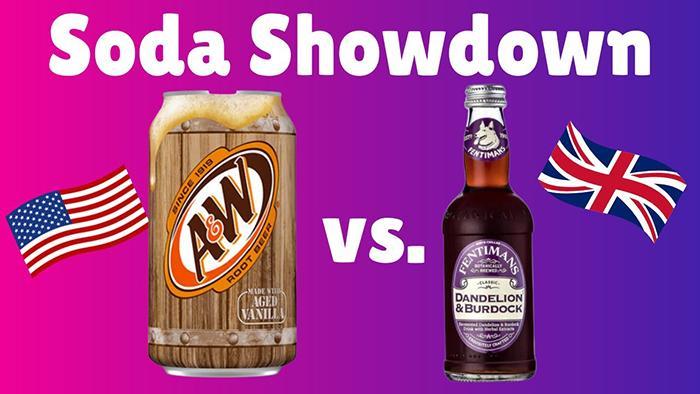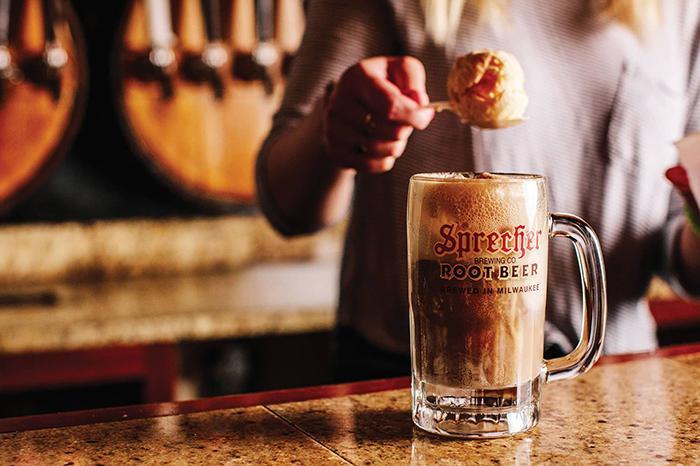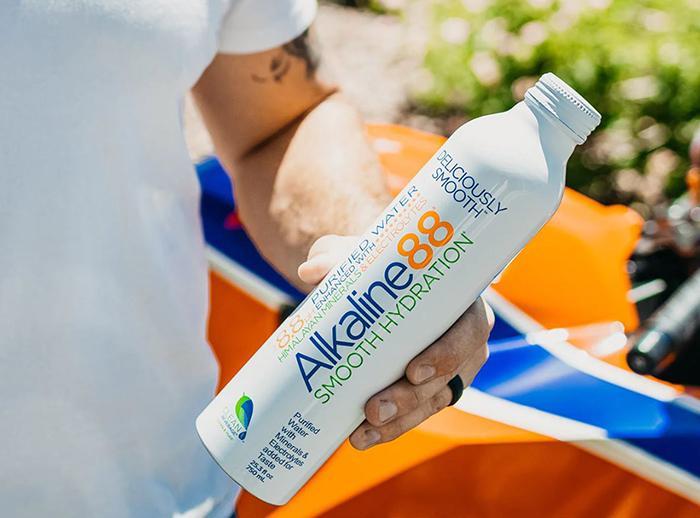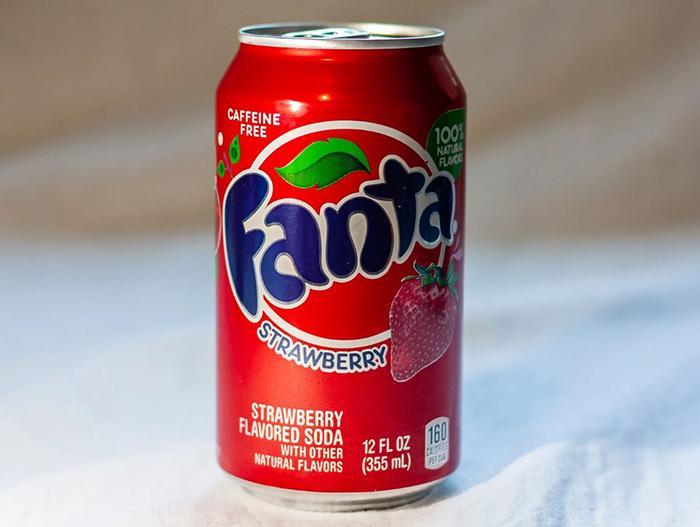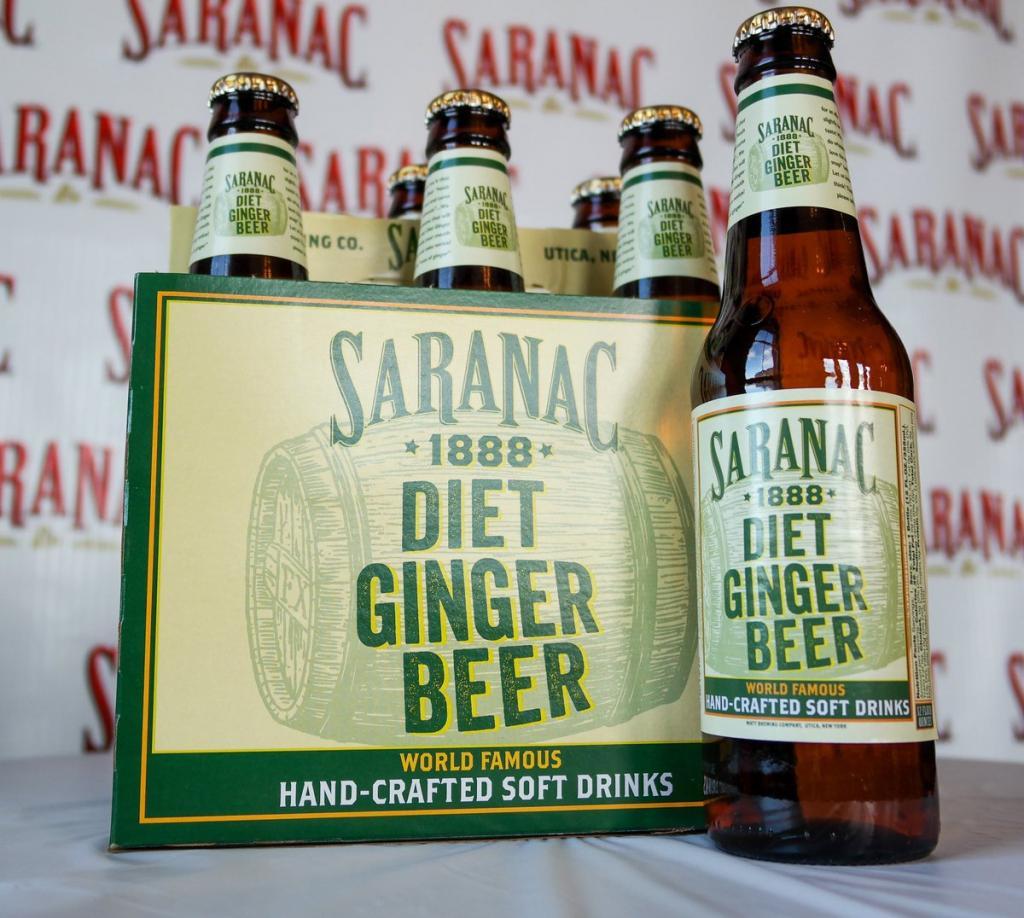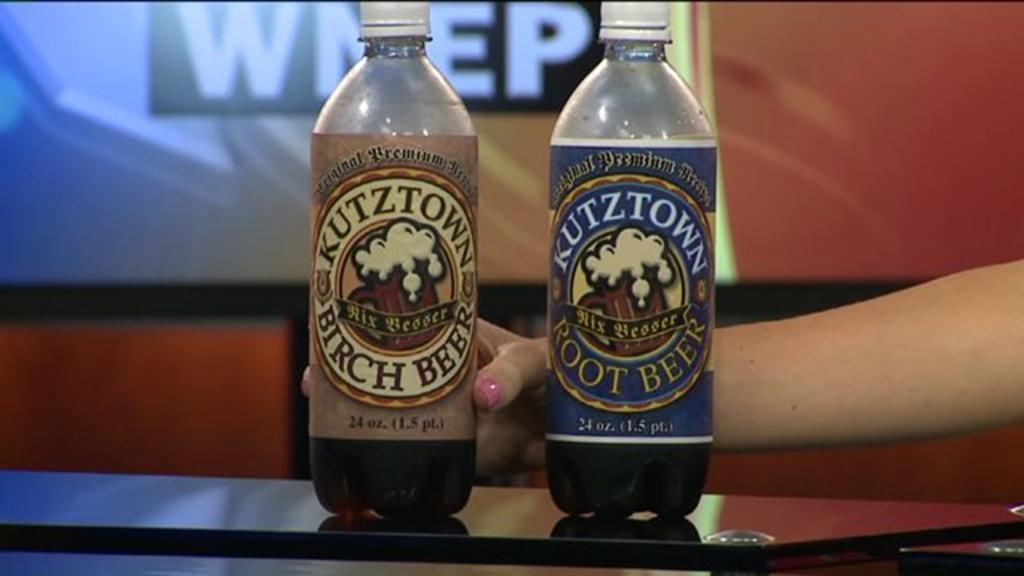Have you ever left a six-pack of your favorite beer in the car on a scorching day, causing you to wonder if it’s still okay to drink? The truth is that beer is indeed susceptible to spoiling, especially when exposed to extreme heat.
This article will guide you through understanding how the temperature impacts your brew and how long it can withstand those high temperatures before going bad. Buckle your seatbelt because this information might just save your favorite weekend beverage!
You Are Watching: Does Beer Go Bad If Left In Hot Car Updated 07/2025
How Heat Can Impact Beer in a Hot Car
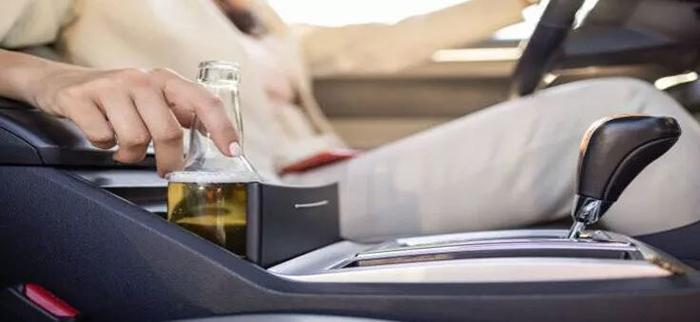
Changes in taste
Heat exposure can profoundly shift the flavor profile of your favorite beer, negatively impacting its taste. If you unintentionally leave a six-pack in your car on a hot day, high temperatures will speed up the aging process of the beer.
This accelerated aging kicks off chemical reactions that can generate off-flavors often described as overly sweet or like wet paper, significantly affecting your overall drinking experience.
In severe cases, direct sunlight triggers what’s called “skunking,” introducing an unpleasant smell and taste resembling skunk spray to your beloved brew. Simply put, if you value the robust flavors and aromatic nuances of quality beers, it’s best not to subject them to vehicular heat spasms.
Potential for spoilage and skunking
Leaving beer in a hot car can lead to potential spoilage and skunking. When exposed to high temperatures, the delicate balance of flavors in beer can be altered, resulting in a less enjoyable drinking experience.
Additionally, when beer is exposed to heat for extended periods, it may develop off-flavors and aromas that make it undrinkable. The UV rays from the sun can also cause the hops in beer to break down, leading to a distinctive “skunky” smell and taste.
To ensure your beer stays fresh and enjoyable, it’s best to avoid leaving it in a hot car and instead store it in a cool, dark place.
Damage to carbonation
Extreme heat can seriously damage the carbonation in beer, resulting in a flat and lifeless beverage. When left in a hot car, the excessive temperatures can cause the carbon dioxide (CO2) gas to expand rapidly inside the bottle or can.
This pressure buildup may lead to leaks, bursts, or even explosions if conditions are severe enough. Additionally, high temperatures can accelerate CO2 loss through the cap or seal of the container, causing the beer to lose its desired level of effervescence.
So if you’re hoping for a refreshing bubbly experience when cracking open your favorite brew, it’s best not to leave it baking in a hot car.
The Effect of Temperature on Beer Shelf Life
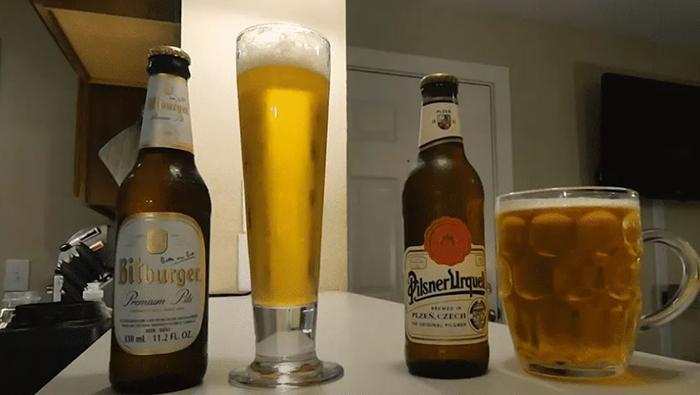
Temperature thresholds for beer deterioration
Beer is a delicate beverage that can be easily affected by heat. When exposed to high temperatures, the quality of beer can deteriorate rapidly. The temperature threshold for beer deterioration is generally around 70 degrees Fahrenheit (21 degrees Celsius).
Beyond this point, the chemical reactions in beer accelerate, resulting in changes to its taste, color, and aroma. In extreme cases, the beer can spoil or become skunked due to the breakdown of hop compounds.
It is crucial to avoid leaving beer in a hot car or any other environment with excessive heat to preserve its freshness and prevent it from going bad.
How long beer can be exposed to heat before going bad
Leaving beer exposed to heat for an extended period can have detrimental effects on its quality. The exact timeframe before beer goes bad in high temperatures can vary depending on several factors, such as the specific beer and the intensity of the heat.
Read More : Types Of Beer Updated 07/2025
Generally, if left in a hot car for just a few hours, the taste may start to change due to accelerated aging processes. However, leaving beer in a hot car for several days or longer increases the likelihood of spoilage and deterioration.
It is essential to remember that extreme temperatures can damage beer beyond repair, resulting in off flavors, loss of carbonation, and potential skunking. To ensure optimal freshness and avoid drinking compromised beer, it’s best not to leave it exposed to heat for an extended period but instead store it safely in cool environments away from direct sunlight.
Factors that can accelerate the spoilage process
Several factors can accelerate the spoilage process of beer when exposed to high temperatures. One crucial factor is the presence of light, especially ultraviolet (UV) light, which can cause a phenomenon called “skunking.” This occurs when UV light interacts with hop compounds in beer, resulting in a foul odor and taste similar to that of a skunk’s spray.
Another factor is oxygen exposure, as excessive oxygen can lead to oxidation and stale flavors in the beer. Additionally, the presence of bacteria or wild yeast can quickly multiply in warm conditions, causing off-flavors and potential health risks.
It’s essential to store your beer properly in cool environments away from direct sunlight to prevent these factors from accelerating the spoilage process.
Signs that Beer has Gone Bad from Heat Exposure
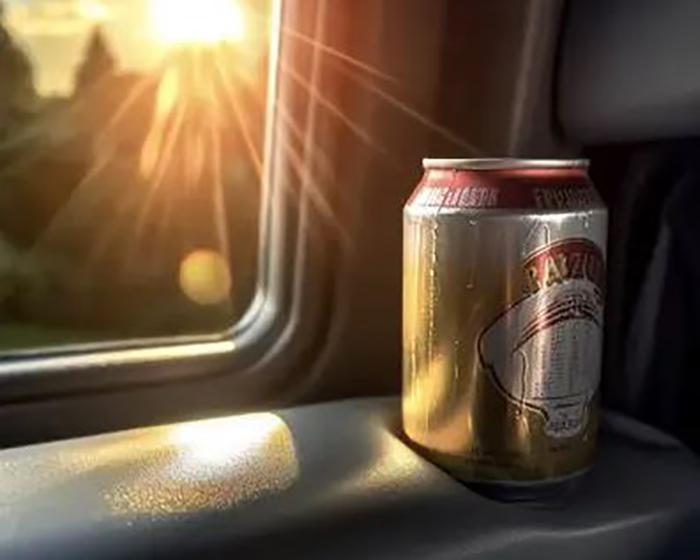
When beer is exposed to excessive heat, you may notice changes in its color, clarity, and aroma. Off flavors and sourness can also indicate that the beer has gone bad. Excessive foam or a complete lack of carbonation are other signs of spoilage.
Don’t take any chances with your favorite brew – read on to find out more about preserving your beer’s quality in hot environments.
Changes in color, clarity, and aroma
Leaving beer in a hot car can cause noticeable changes in its color, clarity, and aroma. Heat can accelerate the breakdown of compounds within the beer, leading to a loss of vibrant colors and clarity.
Instead of its usual golden hue, the beer may appear darker or even murky. Additionally, the heat can alter the delicate balance of aromas that make each beer unique. What used to be an enticing scent might now have a stale or unpleasant odor due to oxidation and other chemical reactions caused by high temperatures.
These changes indicate that the quality of the beer has been compromised, making it less enjoyable to drink. So, it’s important to store your beloved brews in proper conditions to preserve their flavors and aromas for ultimate indulgence.
Off flavors and sourness
When beer is left in a hot car, one of the potential signs that it has gone bad is the development of off flavors and sourness. The heat can accelerate chemical reactions within the beer, leading to the breakdown of certain compounds and the formation of off-flavors.
These off-flavors can range from a stale or cardboard-like taste to a vinegary or sour sensation on the palate.
This occurs because high temperatures can cause oxidative reactions in beer, where oxygen molecules interact with various components, resulting in undesirable flavors. Additionally, exposure to heat can also promote bacterial growth and fermentation, which further contributes to the sourness.
It’s important for those struggling with alcoholism to be aware that consuming beer with these off flavors and sourness could potentially aggravate their condition or trigger negative associations with alcohol consumption.
Excessive foam or no carbonation
High temperatures can have a significant impact on the carbonation of beer. If left in a hot car, you may notice excessive foam or even no carbonation at all when you pour your beer. This is because heat causes the CO2 gas that gives beer its bubbles to expand and escape from the liquid.
As a result, your beer may appear flat and lack the refreshing effervescence that we all love. So, if you want to enjoy a perfectly carbonated brew, it’s best to avoid leaving your beer in a hot car where heat can strip away its fizziness.
Best Practices for Storing Beer in Hot Environments
Avoid leaving beer in a hot car
Read More : Can I Mail Beer To A Friend Updated 07/2025
Leaving beer in a hot car can lead to its quick deterioration and potential spoilage. Beer is a perishable product that is sensitive to temperature changes and extreme heat can significantly impact its quality.
When exposed to high temperatures, the taste of beer may change, it can develop off flavors or sourness, and even lose carbonation. Leaving beer in a hot car for an extended period, such as overnight or for a week, increases the risk of it going bad entirely.
Moreover, there’s also the danger of beer cans exploding due to excessive pressure buildup caused by heat. To ensure your beer stays fresh and enjoyable, it’s best to avoid leaving it in a hot car altogether.
Use insulated coolers or ice packs for transportation
To ensure the freshness and quality of your beer, it’s essential to use insulated coolers or ice packs when transporting it in a hot car. This is especially important during warm weather or if you’re traveling long distances.
Insulated coolers are designed to maintain a consistent temperature, protecting your beer from excessive heat exposure. Ice packs can also help regulate the temperature inside the cooler, keeping your brews nice and cold.
By taking these simple precautions, you can safeguard against potential spoilage and ensure that your beer remains enjoyable for consumption. Remember, it’s always better to err on the side of caution when it comes to preserving the taste of your favorite beverages.
Store beer in a cool, dark place
To preserve the quality and freshness of beer, it is crucial to store it in a cool and dark place. Heat and exposure to light can rapidly accelerate the deterioration process, causing the beer to spoil more quickly.
Ideally, beers should be stored at temperatures below 55°F (13°C) to prevent flavor degradation and maintain carbonation levels. Additionally, keeping beer away from direct sunlight or fluorescent lighting helps avoid the development of off-flavors caused by UV radiation.
By taking these precautions, you can ensure that your favorite brews stay delicious for longer periods of time without losing their integrity.
Opt for canned beer for better heat resistance
Canned beer is a great option when it comes to keeping your brew safe from the heat. Unlike glass bottles, cans provide better protection against temperature changes and can withstand higher temperatures without compromising the quality of the beer.
This is because cans are more resilient and offer superior insulation, helping to keep your beer cool even in hot car conditions.
So if you’re planning on transporting or storing beers in high-temperature environments, opting for canned beer is a smart choice to ensure that your favorite beverage stays fresh and enjoyable until you’re ready to crack one open.
Chill beer before consumption to enhance freshness
To enhance the freshness and maximize your enjoyment of beer, it’s best to chill it before drinking. When beer is stored at a cold temperature, it helps preserve its flavor and overall quality.
Warm beer can taste flat or off-putting due to its exposure to heat, which accelerates the aging process and can lead to spoilage. By keeping your beer chilled, you’re ensuring that it retains its carbonation, aroma, and integrity.
So next time you crack open a cold one, remember to give it some time in the refrigerator for that refreshing experience. Cheers!
Conclusion
In conclusion, leaving beer in a hot car can have detrimental effects on its taste, quality, and overall freshness. The heat can cause the beer to spoil, resulting in changes in color, aroma, and flavor.
It is important to store beer in cool environments and avoid exposing it to extreme temperatures to preserve its integrity. Remember to always enjoy your beer responsibly and keep it out of hot cars for optimal enjoyment.
Sources: https://chesbrewco.com
Category: Beer


